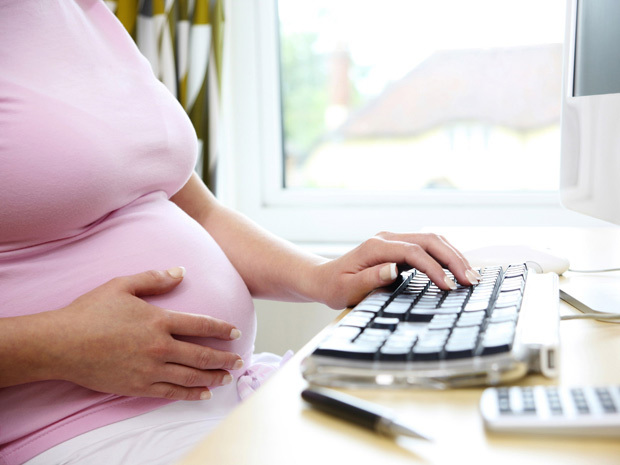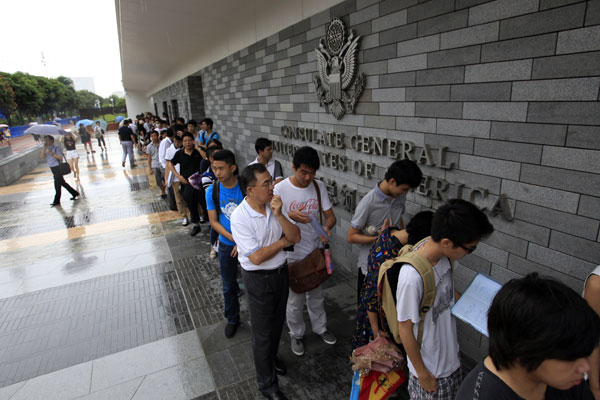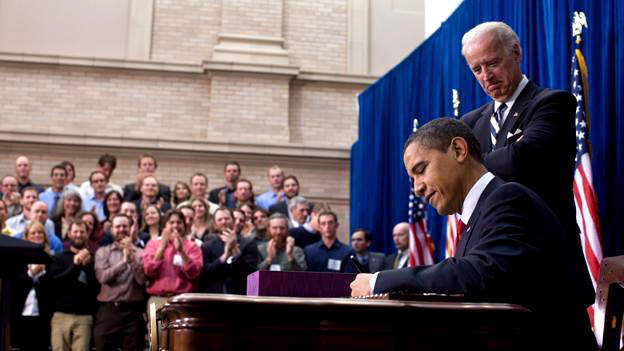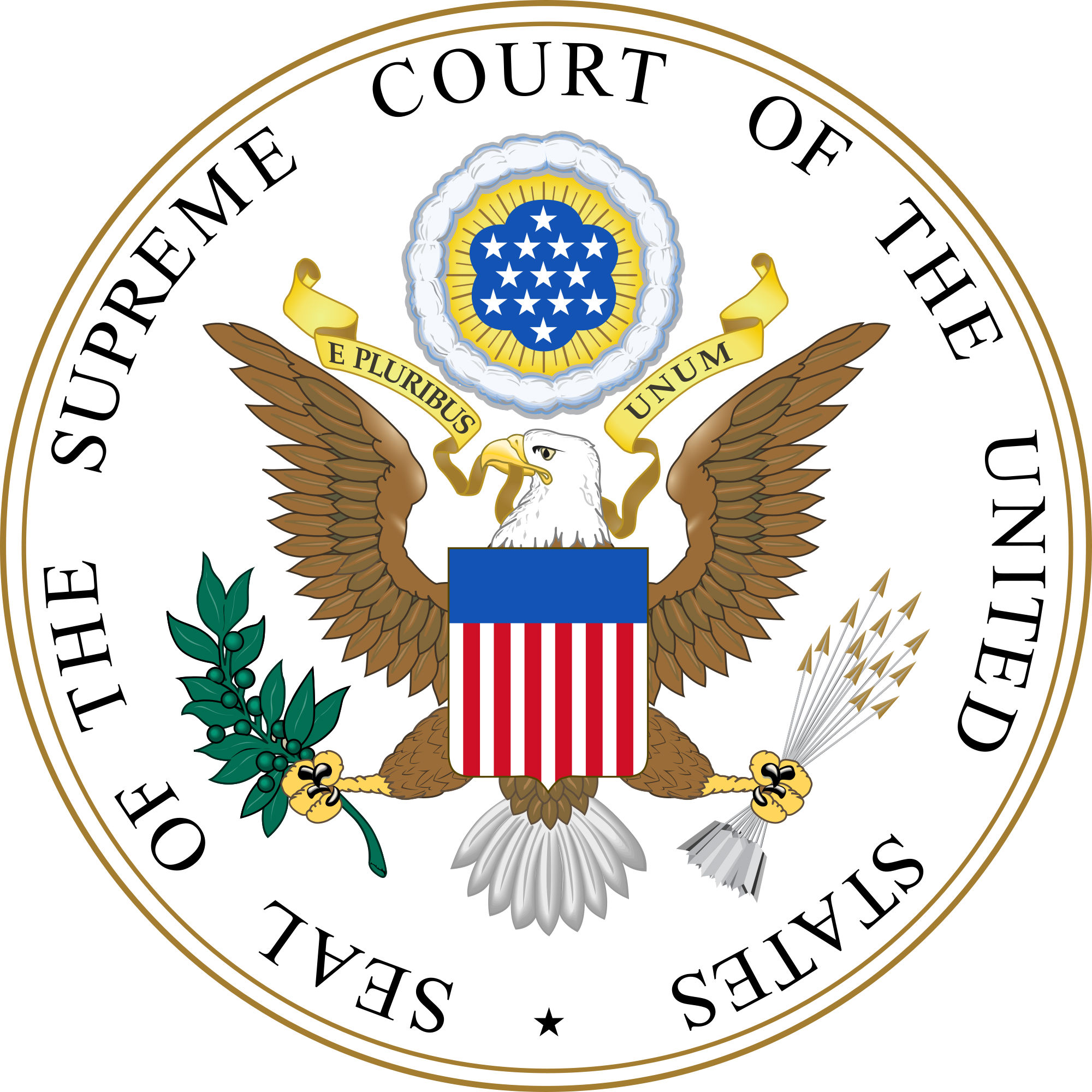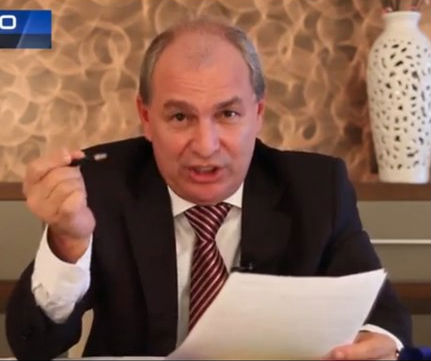August 22, 2014 - Alpha Natural Resources, one of the largest coal producers in the country, revealed last month that it plans to lay off approximately 1,100 coal miners and support staff by mid-October. These job cuts are sweeping through the country this year.
What can the dismissed employees do if they have problems paying their mortgage, household expenses or credit card debt?
There are Two Solutions – Chapter 7 and Chapter 13
CHAPTER 7
A Chapter 7 bankruptcy refers to the chapter of the Bankruptcy Code that contains the bankruptcy law. A Chapter 7 bankruptcy is sometimes called "liquidation" bankruptcy. This is because a successful bankruptcy liquidates (wipes out) most of your debts.
The Chapter 7 bankruptcy in both New York and New Jersey process takes from three to six months. Usually there is only one appearance. This is not in front of a judge, but in front of a Trustee ( a lawyer who represents the bankruptcy court). A New york or New Jersey licensed bankruptcy lawyer appears with you at the 341 meeting.
The Petition: To file for bankruptcy, you fill out a petition and several other forms. Normally a licensed New York or New Jersey bankruptcy lawyer prepares and files the petition and forms with the bankruptcy court in your area.
Once filed the automatic stay goes into effect!
The Automatic Stay: One of the most important benefits of filing bankruptcy is the "automatic stay." The automatic stay is very powerful and immediately stops your creditors from trying to collect what you owe them. Even if they have sued you in court state court or your property is being sold, everything must stop. Creditors cannot legally take (garnish) your wages, empty your bank account, go after your car, house or other property, or cut off your utility service or welfare benefits. This is true for New York, New Jersey and every other state. The automatic stay goes into effect immediately upon filing your bankruptcy petition with the bankruptcy court.
Court Control: Until your bankruptcy case is completed your financial problems are in the hands of the bankruptcy court. It assumes legal control of the property you own and the debts you owe as of the date you file. Certain properties are exempt, which is yours to keep and the court does not control. Until the end, nothing can be sold or paid without the court's permission. Whether a property is exempt depends on the state you reside. The exempt properties in New Jersey are different than the exempt properties in New York.
The Bankruptcy Trustee: The bankruptcy court appoints person called a "bankruptcy trustee." The bankruptcy trustee is interested in finding out what you own and what property you claim as exempt. This is due to the fact that the bankruptcy trustee's primary duty is to make sure that your creditors are paid as much as possible on what you owe them, if you have the ability to pay from your property that is not exempt. The more assets the bankruptcy trustee recovers for creditors, the more the bankruptcy trustee is paid.
The “341 Meeting of Creditors”: At the “341 Meeting” the bankruptcy trustee reviews the papers you filed and asks you questions, which you must respond. This meeting is usually very short and takes less than five minutes. Creditors are entitled to attend, too, but rarely do, unless there was some fraud committed. You appear with your bankruptcy lawyer.
At the conclusion of the bankruptcy process, the bankruptcy court wipes out most of your debts in what is called a “discharge in bankruptcy.” You are no longer in debt to your creditors. Note that you cannot file for Chapter 7 bankruptcy again for another eight years from the date of your filing.
CHAPTER 13
A chapter 13 bankruptcy is an ideal part of our federal laws. You apply it to stop a house foreclosure, make up the missed mortgage payments and keep the house. You can also pay off back taxes through your New Jersey Chapter 13 plan and stop interest from accruing on your tax debt. It lets you rearrange your financial affairs, repay a portion of your debts and put yourself back on your financial feet. The most important thing about Chapter 13 is that it will allow you to keep your valuables—especially your home and car—which might otherwise be lost. You repay your debts through a Chapter 13 plan. The plan shows how you intend to repay of all or a portion of your debts.
Under a typical chapter 13 bankruptcy plan, you make monthly payments to a person called the Chapter 13 trustee, who is appointed by the bankruptcy court. The chapter 13 Trustee collects the money paid by you under the plan and disburses it to your creditors as the plan directs. Upon completion of the payments in the chapter 13 plan, you will be discharged from liability for the remainder of your debts. The plan can last from 3 to 5 years.
You should consider filing a Chapter 13 plan if you:
- Own your home and are behind in your monthly mortgage payments;
- Are behind on debt payments, but can catch up if given some time;
- Have valuable property, which is not exempt, but you can afford to pay creditors
from your income over time. - You have a 2nd Mortgage and the value of your home has dropped.
You will need to have enough income in a debt consolidation plan to pay off your basic monthly expenses, including your monthly mortgage and have enough for the monthly Plan payments.
`

